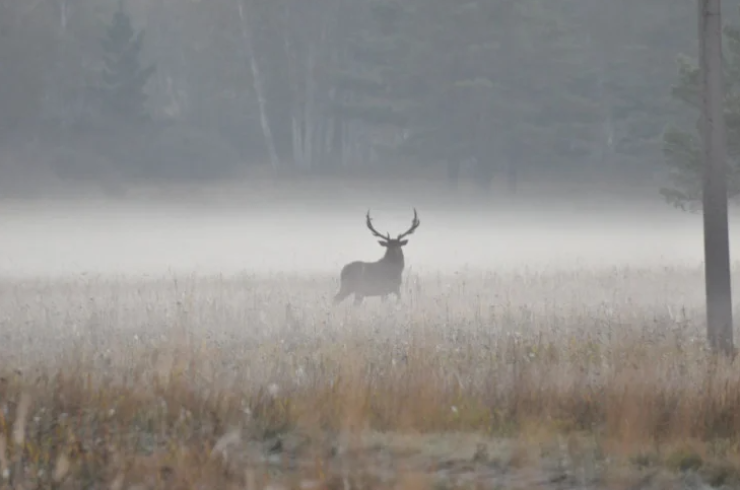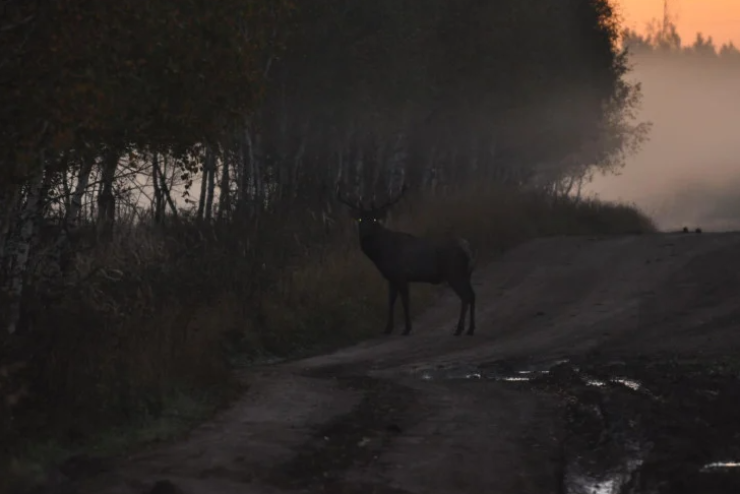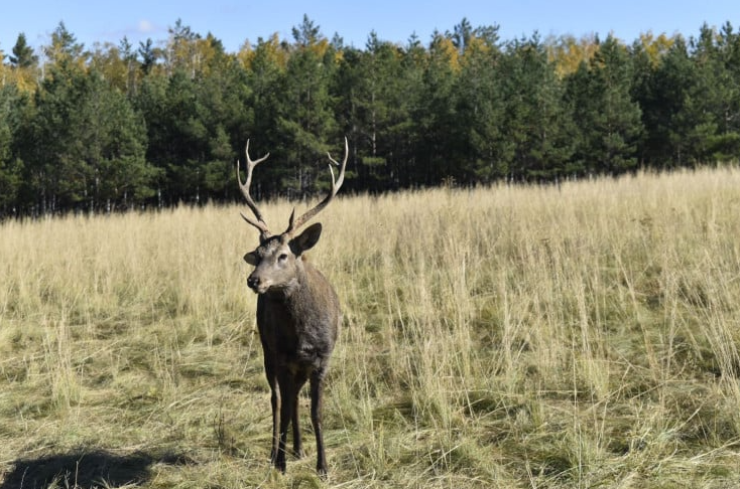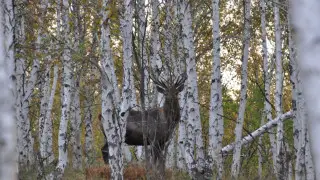Tengrinews.kz - The rutting season for red deer has begun in the Burabay National Park, and the park’s press service has explained what this means and why tourists need to exercise caution.
According to the park staff, this is a crucial and tense period in the lives of these animals. Visitors are urged to be cautious while in the park during this time.
"The deer breeding season, which lasts from September to October, is marked by active animal behavior. During this period, called the rut, males emit roaring sounds, fighting for the right to mate, and display their strength to attract females. Visitors can hear these sounds echoing through the forests and hills of Burabay," the press service reported.


How tourists should behave in the National Park during this time
It is important to avoid close contact with the animals and observe their behavior only from a safe distance. Male deer can become aggressive during the rut as they defend their territory and females, the park warned.
The following rules of behavior are recommended
- Do not approach the animals or attempt to feed them.
- Try to avoid making loud noises to avoid disturbing the animals.
- Take photos of the animals from a safe distance using zoom.
- If you encounter deer on your route, it is best to go around them and stay away from them.
Recommendations for drivers
- Reduce speed when driving through areas near forests and natural territories.
- Be especially cautious at dusk and at night when animals tend to migrate more.
- Follow signs warning of wildlife and keep your eyes on the road to avoid collisions.
During the rutting season, deer become particularly active and may travel long distances in search of new territories. This increases the risk of traffic accidents, especially on roads passing through or near the national park.

It is worth noting that more than 1,500 Askanian deer inhabit the national park.
Photo: Alyona Koshkina
Read also: Why people prefer to visit Borovoe in autumn

